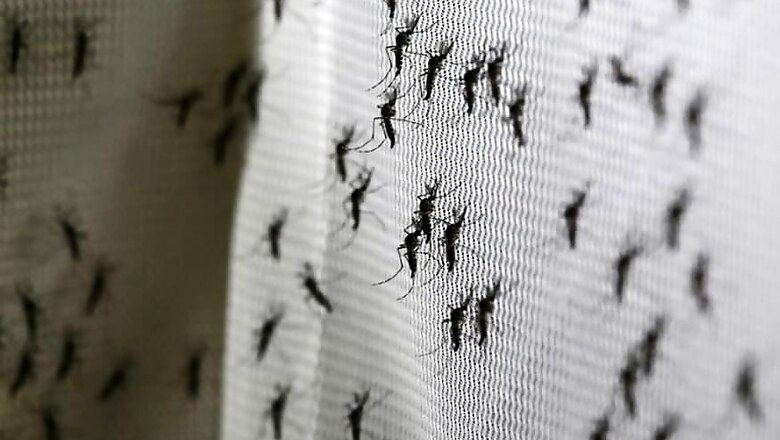
views
An NGO, Praja Foundation, that recently released a compilation of health data from Mumbai, pointed out that the figures on the mosquito-borne disease malaria reported by the Brihanmumbai Municipal Corporation (BMC) are not clear. The NGO has pointed out discrepancies in the statistics of malaria and tuberculosis deaths and positive dengue cases in Mumbai.
According to a report published in The Hindu, the NGO pointed out that the number of malaria deaths in 2015, 2016 and 2017 as per the BMC’s malaria surveillance report was 16, 10 and 6 respectively. However, the number of deaths due to malaria as per the death certificates issued by the civic body was 92, 125, and 100 during the same period.
The case is somewhat similar when it comes to tuberculosis as well. The number of deaths as per BMC's TB control unit was 1,240, 963 and 803 in the three years. However, the number of deaths as per the death certificates was much higher at 5,680, 6,660, and 5,499 respectively, revealed The Hindu.
Speaking to The Hindu about the same, Yogesh Mishra, research and data head of the Praja Foundation said that the civic body lacks the mechanism for health surveillance and that there has to be uniformity in data that is reported by the BMC. He pointed out that with such multiple sets of data doing the rounds, one would never know what the exact figures of a particular disease are.
However, accoring to The Hindu, civic health officials said all government programmes generate two sets of data — one from the programme and the other from the cause of death mentioned in the death certificate.
BMC’s TB control officer Dr. Daksha Shah gave an example stating that the TB deaths of patients registered and taking treatment under the Revised National TB Control Programme (RNTCP) are compiled separately. However, if a patient is not under the RNTCP and has had TB earlier may get listed as a TB death in the death certificate.
The last two years has seen the civic body focusing on sensitising doctors to certifying the cause of death accurately in a death certificate. BMC’s executive health officer Dr. Padmaja Keskar revealed more about it to The Hindu, stating that they have had multiple training sessions for doctors and have also urged it to be a part of medical curriculum. He added that it would be wrong to compare the surveillance programme data with the death certificate data.
However, Praja Foundation’s director Milind Mhaske said that uniformity in data is crucial and that diverse numbers eventually end up hampering the health system.




















Comments
0 comment